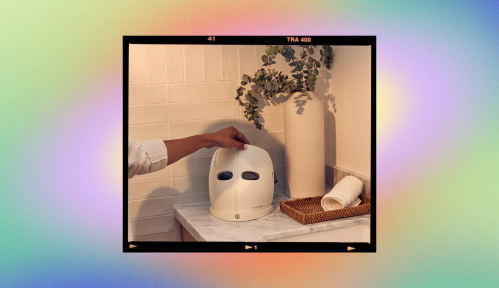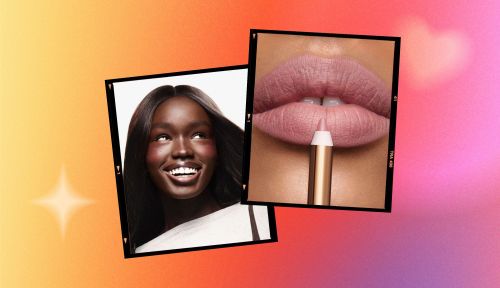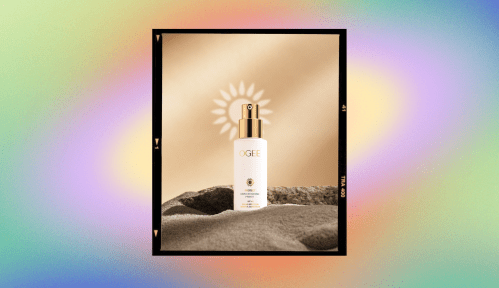Meet coconut oil’s super chic, heavenly scented sister
The cousin to coconut oil, monoi oil, has been used in French Polynesia for centuries as a skin and hair elixir.
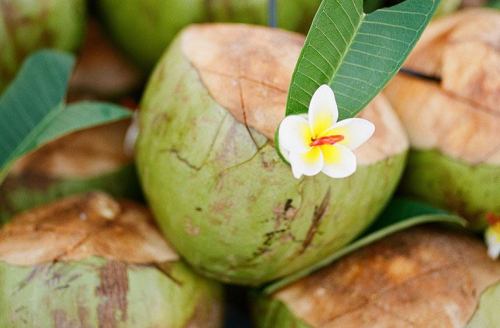
Whether you swear by coconut oil as a staple in your beauty routine or in your kitchen, or you have yet to be sold on the purported benefits, there’s no denying that jars of the stuff are everywhere and that nearly every day there’s a new way to use it.
While coconut oil mania has hit critical mass in the United States, the inhabitants of one far-flung collection of islands in the South Pacific have woven an intoxicatingly scented coconut oil-based elixir into their beauty routines for centuries: monoi oil.
“Monoi has no age—it is ancestral,” starts Sandra Langy, whose father, Gustave Langy, founded French Polynesia’s first commercial monoi oil skin-care line, Tiki Tahiti, in 1942. And while it’s unclear precisely when this centuries-old beauty staple was conceived, the first recorded mention of monoi, according to the brand, dates all the way back to Polynesian documents from the 18th century.
“Monoi has no age—it is ancestral.”
Monoi was originally used to bless holy objects during sacred ceremonies, and “from the ancient times to nowadays, Polynesians have used monoi for skin and haircare,” explains Langy. Traditionally, to make monoi, freshly grated coconut flesh was pressed to release an oil, and then that oil was steeped with fresh tiare petals, the exotic and intoxicatingly-scented white flower we know by its Latin name, gardenia.
Today, commercial companies typically make monoi from pressed, then refined, copra (the sun-dried flesh of mature Polynesian coconuts grown in coral soils) and add other local botanicalsbeyond tiare, such as ylang-ylang, sandalwood, and even vanilla beans for aroma.
Traditionally, to make monoi, freshly grated coconut flesh was pressed to release an oil, and then that oil was steeped with fresh tiare petals.
In an effort to protect this regional gem’s integrity, in 1992 the French government passed the first ever appellation of origin law or appellation d’origine for a cosmetic item (whose decree functions much in the way a winemaker can label a bottle “Champagne” only if its juice is produced in France’s namesake region). The law requires that a product only be labeled monoi if the oil is made in French Polynesia according to these specific standards.
Polynesians use monoi as a skin moisturizer and soother, and when added to bath water, many believe the scent helps to relax the mind. Polynesians also revere the fatty acid-rich emollient for its ability to enrich and soften hair. And they also want visitors to also love it as much as they do which is why it’s sold ubiquitously throughout the islands—in every airport, hotel gift store, and market.
Shop monoi oil products
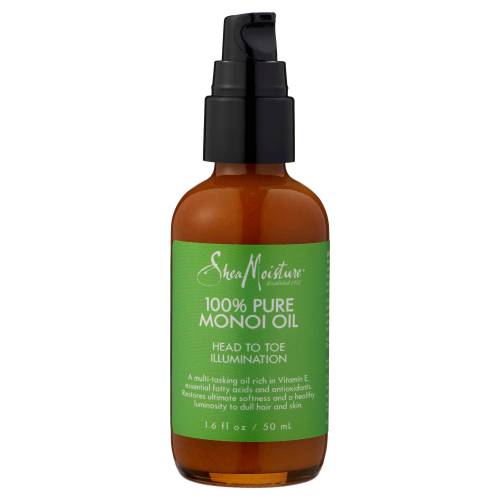
Shea Moisture 100% Monoi OIl $9
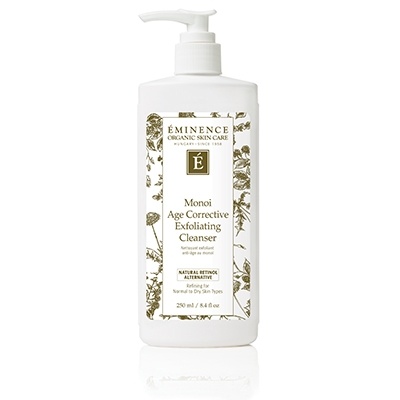
Eminence Organic Skincare Monoi Age Corrective Exfoliating Cleanser $38

Monoi Tiki Tahiti Tiare $12
We know coconut oil is liquid gold, so here’s how to make the most out of every jar and here are a few clever ways to use it in the kitchen.
Sign up for the Well+Good SHOP Newsletter
Get exclusive deals on wellness, beauty, fitness, and food products that have been hand-picked by our editors.
Got it, you've been added to our email list.

